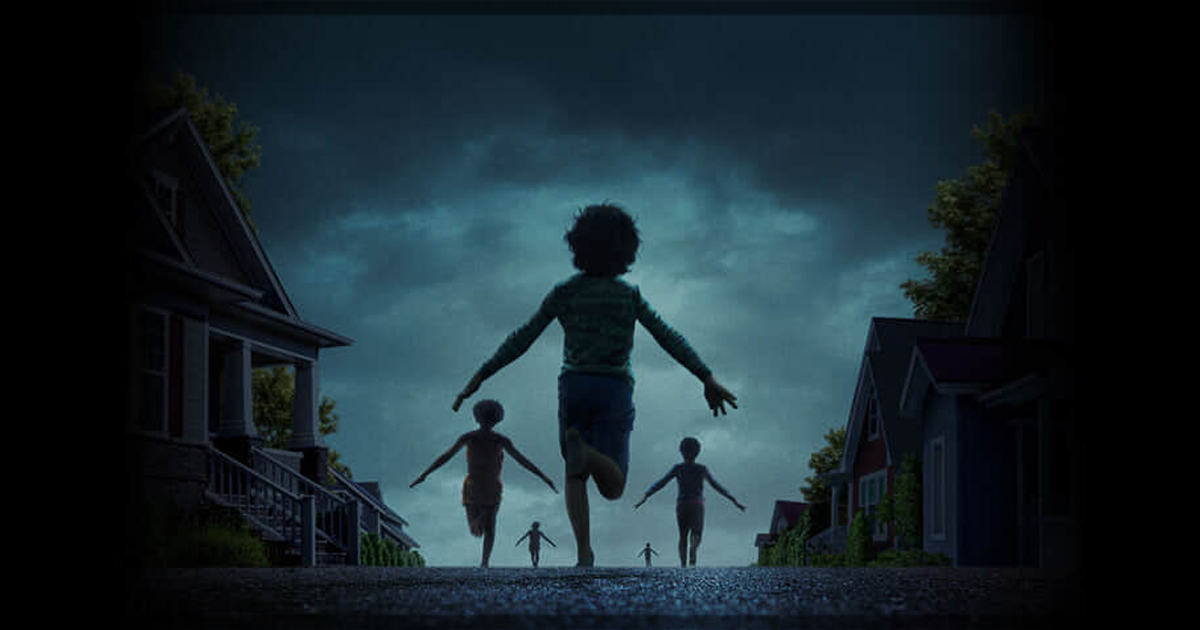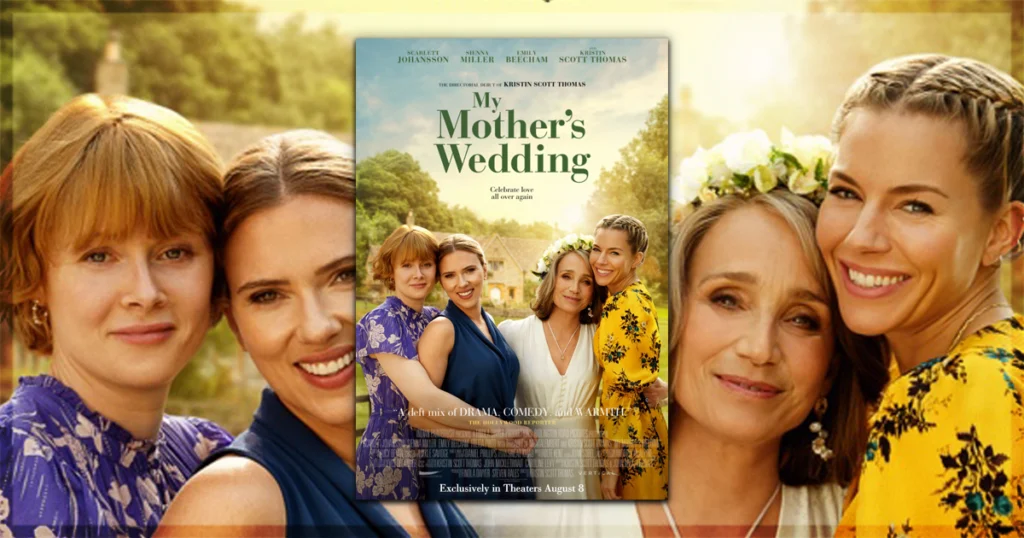Some filmmakers only need their very first feature film to leave an indelible mark. For Zach Cregger, it was his second movie that achieved just that: Barbarian, one of the most refreshing and unpredictable surprises in recent horror cinema. Cregger showed willingness to take creative risks, even if it meant alienating part of the audience. Now, with Weapons, the filmmaker confirms that his cinematic signature is alive and well – someone who doesn’t seek consensus but instead aims to realize his vision down to the last frame, even if that vision doesn’t always conclude in the most satisfying manner.
Weapons is written and directed by Cregger himself and features a strong cast led by Josh Brolin (Dune: Part Two) and Julia Garner (The Fantastic Four: First Steps). One night, precisely at 2:17 a.m., all the children from a particular class left their bedrooms, opened their front doors, and mysteriously vanished into the darkness – all except one. The tragedy forces the small town’s residents to question who or what might be behind the disappearances. The narrative unfolds through a chapter structure, each focused on a specific character. Unlike other works that use multiple perspectives to explore alternative versions of the same event, here all perspectives are factual and complementary, advancing the story in time and revealing how each individual experiences and influences the events. When well executed, this approach offers pace, variety, and depth, while maintaining narrative coherence.
That said, what stands out early on is the strength of the performances. Brolin delivers a highly captivating portrayal, balancing toughness with moments of vulnerability. Garner carries solid dramatic weight, bringing humanity to her character and elevating some of the most tense sequences. Both carry Weapons, though the entire cast shines when called to the screen’s center – Benedict Wong (Doctor Strange), initially in a quieter role, gains importance through a specific development that makes his character far more unpredictable, resulting in one of the movie’s best scenes.
Technically, Cregger once again demonstrates impressive command of direction and even physicality in his cinema. The most terrifying sequences are notably intense, including action moments featuring very young actors – a feat worthy of special praise not only for execution but also for the courage and discipline required – and introducing a peculiarly frightening running style that is sure to go viral throughout the year.
It’s precisely in its horror elements that Weapons spares no mercy for viewers. There are shocking, bloody scenes with generous doses of gore, effective scares, and disturbing makeup work that contribute to a deeply unsettling atmosphere. Cregger is unafraid to explore the grotesque but does so with controlled visual sensibility, preventing the film from descending into gratuitousness. The atmospheric score excels at immersing viewers in the story’s multiple viewpoints, though its use is somewhat restrained. A more prominent score might have amplified several key moments.
In the end, the most intense debate around Weapons will center on its thematic layer and its certainly divisive conclusion. Cregger’s script functions as a mosaic exploring how different individuals and communities deal with trauma and violence. The chapter structure isn’t meant to question the truth of events but to show their progression through different human lenses, allowing an observation of how collective grief and trauma manifest in distinct ways. Each segment reveals a new facet of violence – from silent pain to contained rage – creating a broad, multifaceted portrait of loss and resilience.
The suburban setting in Weapons plays a crucial role in the overall subtext since Cregger explores “suburban fear” and the perception of social decay settling into seemingly safe communities. Empty streets, perfect facades, and mundane routines become the backdrop for mounting tension, symbolizing a world where orderly surfaces hide deep emotional and moral instability. It’s an approach echoing themes of alienation, mistrust, and the fragility of social systems, especially when shaken by sudden violent events.
Another relevant point is the ambiguity Cregger maintains even in the most shocking moments. Though the violence is explicit, the central motivation remains vague, reinforcing the sense of a diffuse and intangible threat. This choice opens the door to allegorical and sociopolitical readings: Weapons can be interpreted as a commentary on the banalization of violence, media narrative manipulation, or even the inability of community systems to provide effective responses in the face of tragedy. The lack of clear resolution may frustrate, but it also forces viewers to reflect on their own expectations for closure in a world where many wounds remain open.
Narratively, Weapons‘ greatest strength lies in the coherence between form and content. The decision to show the same story through different perspectives doesn’t really fragment the plot but enriches it, adding details and revealing connections that only make sense as the chapters progress. It’s a method that maintains interest and mystery, even if not all segments carry equal impact or unpredictability. Like Barbarian, it’s difficult to be clearer or deeper without spoilers, so I can’t mention specific examples or characters without giving away what the movie is about – it’s undoubtedly one of those works best experienced with no prior knowledge.
However, it’s precisely this consistency throughout much of the film that makes the third act so disconcerting. The shift into forthright comedy is abrupt and disarming, breaking the tension and tonal cohesion Cregger built over nearly two hours. What until then was a highly engaging horror flick turns into a humor exercise that, on its own, might work in another context, but here clashes with the previously established expectations and thematic density. The problem isn’t only the tonal shift but also that the climax arrives just as abruptly, without properly motivating the central antagonist or closing the ideas the movie had been exploring.
This ending creates a double frustration: on one hand, the emotional and intellectual investment viewers made throughout the narrative doesn’t find the expected payoff; on the other hand, the tonal rupture fractures the trust between director and audience. The shift to humor, instead of working as catharsis or ironic commentary, seems to dilute the weight of the central themes, reducing them to mere background for a deconstruction moment that, though bold, lacks clear dramatic purpose. It’s as if Weapons, in its final minutes, turns its back on the path it so confidently traced, leaving the audience not only surprised but with the bitter feeling of witnessing wasted potential.
Still, Weapons delivers what it promises. Cregger’s authorial vision remains intact: the filmmaker shoots and writes as if he has complete creative freedom, betting on a risky approach unconcerned with pleasing everyone. That authenticity is praiseworthy in an environment where many studio projects are shaped to maximize commercial appeal. Even with a conclusion that falls short, the whole remains strong enough to justify the experience, and for many, the creative daring will outweigh the mentioned problems.
Final Thoughts on Weapons
Weapons confirms Zach Cregger as a filmmaker with a distinct vision, capable of combining impressive technical command with uncommon narrative ambition. Josh Brolin and Julia Garner’s performances are fundamental pillars supporting the film’s intensity, while the tense and bloody scenes contribute to a truly visceral experience. Despite the abrupt and somewhat disappointing ending that weakens some of the accumulated impact, the way themes like collective trauma and suburban decay are explored reveals an authorial confidence deserving recognition. With all its imperfections, the movie provokes, engages, and leaves striking images and sensations, reinforcing Cregger as one of the most intriguing voices in contemporary horror cinema.
Rating: B+
Weapons is now playing in theaters.
Learn more about the film, including how to buy tickets, at the official website for the title.


